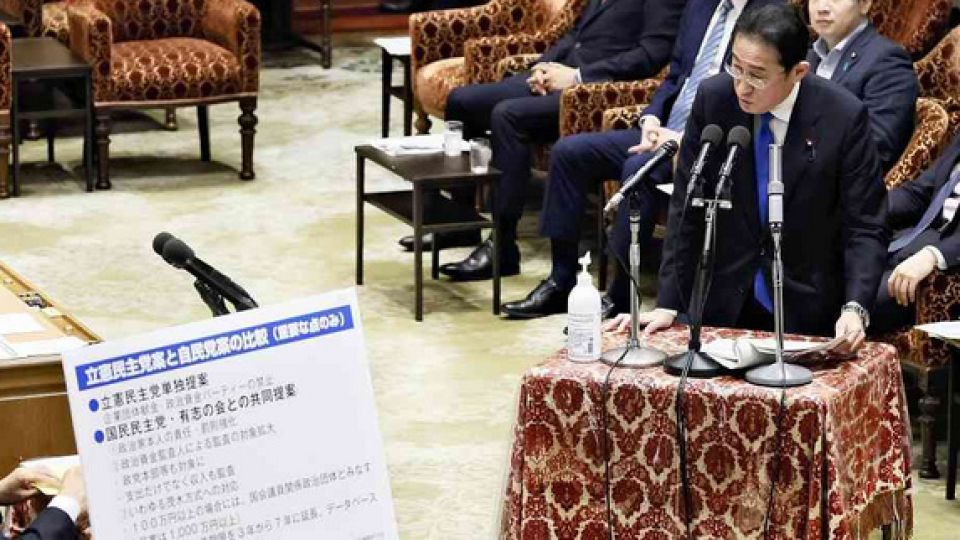June 7, 2024
TOKYO – A bill submitted by the ruling Liberal Democratic Party to revise the Political Funds Control Law passed a plenary session of the House of Representatives on Thursday with the support of Komeito and the Japan Innovation Party.
The Constitutional Democratic Party of Japan, the Japanese Communist Party and the Democratic Party for the People were among those opposing the bill.
The revised bill is expected to be passed into law during the current Diet session, which is scheduled to end on June 23.
The House of Councillors is set to discuss the revised bill at a meeting of its Special Committee on Political Reform on Friday, following an explanation of its purpose.
The bill includes lowering the minimum amount at which information must be disclosed on people who purchase tickets to fundraising parties to “over ¥50,000.” The current minimum is “over ¥200,000.” It also includes a stipulation that receipts for expenditures on political activities be made public after 10 years.
Furthermore, lawmakers would have to certify in writing that they properly verified the contents of their political funds reports. A fine of not more than ¥500,000 would be imposed for failure to do so, including for false entries.
The bill was initially passed by the lower house Special Committee on Political Reform on Wednesday. Its main provisions include lowering the minimum amount for which information must be disclosed about buyers of tickets for political fundraising parties, but most of the proposed reforms are listed as items for consideration in the supplementary provisions.
The items included in the supplementary provisions are unlikely to be implemented, a situation that has been sharply criticized by the opposition parties.
Disclosing receipts and other documentation for expenditures on political activities after 10 years, as well as the creation of a third-party organization to audit political activity expenses, were put into the supplemental provisions. The committee said it would consider the specific details at a later time.
Prime Minister Fumio Kishida said at Wednesday’s committee meeting that the government will “contribute to the discussion so that a third-party body can be established as soon as possible.”
There have been many cases in which items that were included in supplementary provisions of bills were not realized in the end.
The revised Public Offices Election Law enacted in 2015 to eliminate vote value disparities in upper house elections also stated in its supplementary provisions that “a fundamental review of the election system shall be considered, and a conclusion shall be reached without fail” ahead of the 2019 upper house election. However, this ultimately did not happen.

